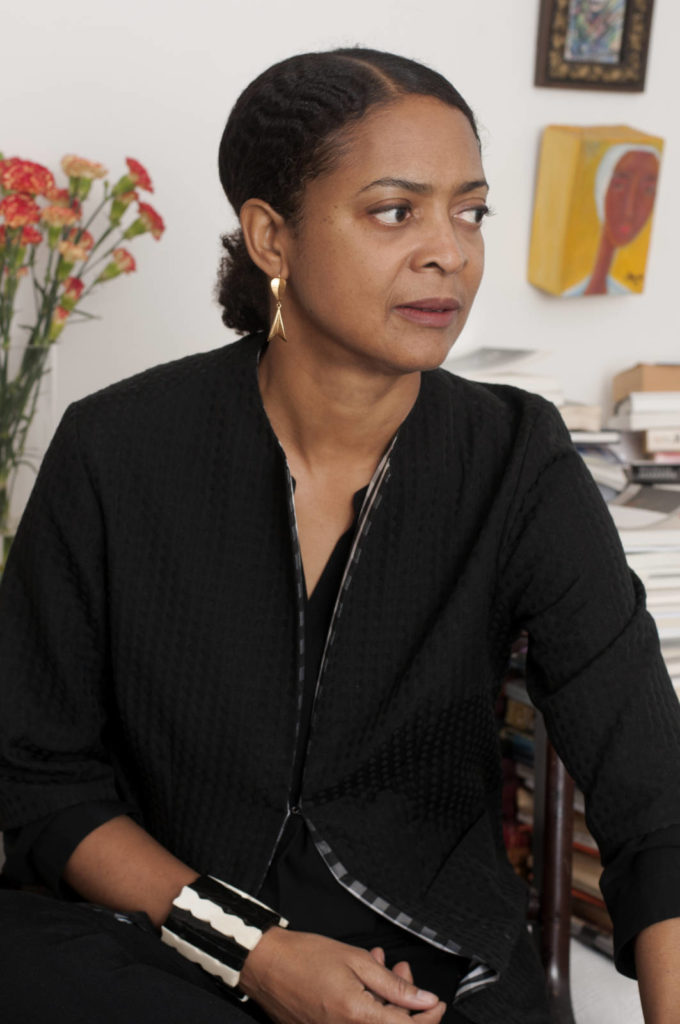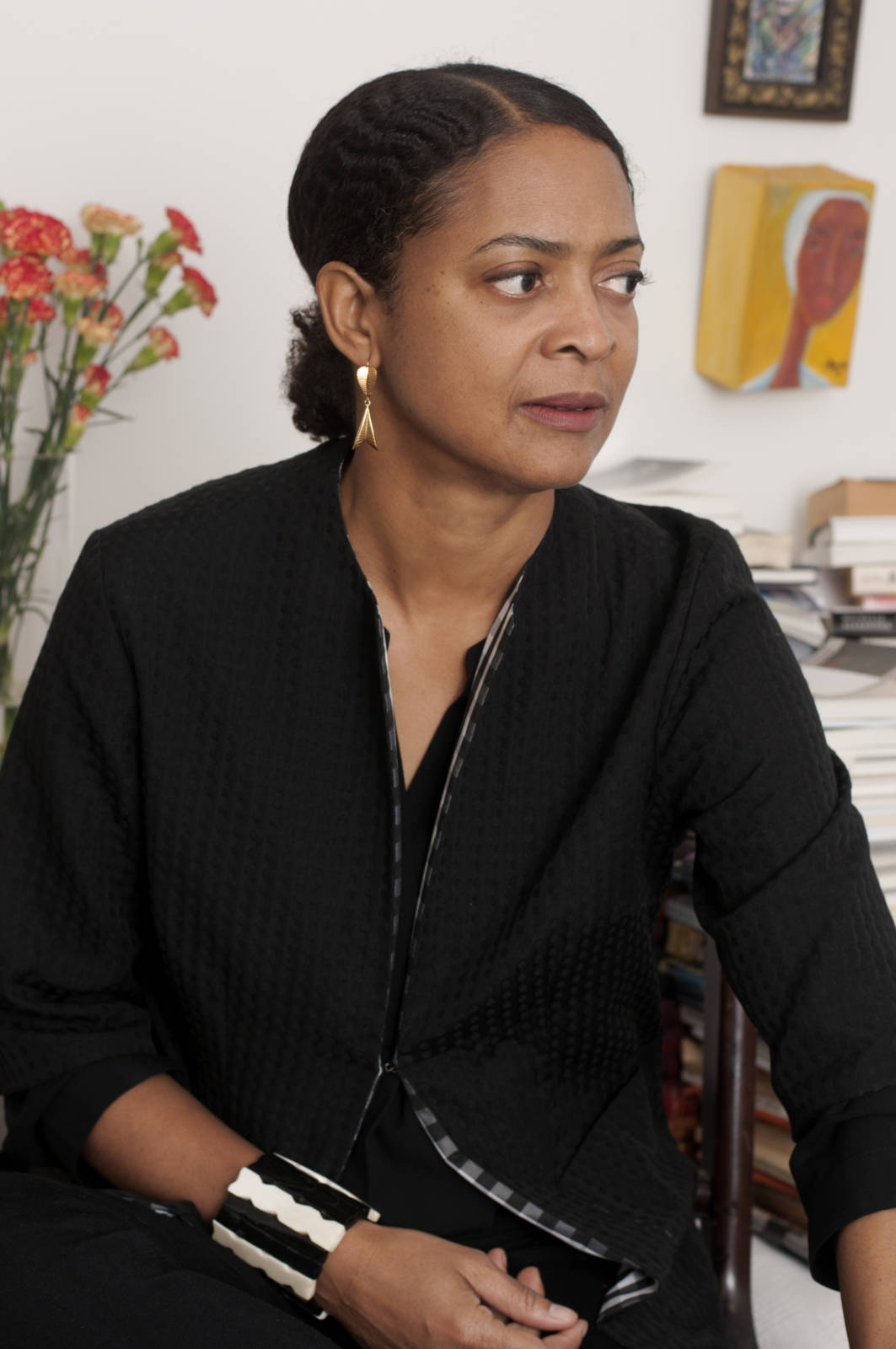
Photo by Jennifer Waddell
danielle legros georges is a writer, translator, editor, and author of books of poetry including the dear remote nearness of you, winner of the new england poetry club’s sheila margaret motten book prize. she is professor emeritus of creative writing at lesley university, and taught in the joiner institute for the study of war and social consequences writer’s workshop, at the university of massachusetts, boston for more than a decade. her work has been supported by fellowships and grants from institutions including the american antiquarian society, the massachusetts cultural council, the boston foundation, the black metropolis research consortium, the pen/heim translation fund, and the massachusetts museum of contemporary art. she was appointed the second poet laureate of the city of boston, serving in the role from 2015 to 2019
“

photo by Jennifer Waddell
